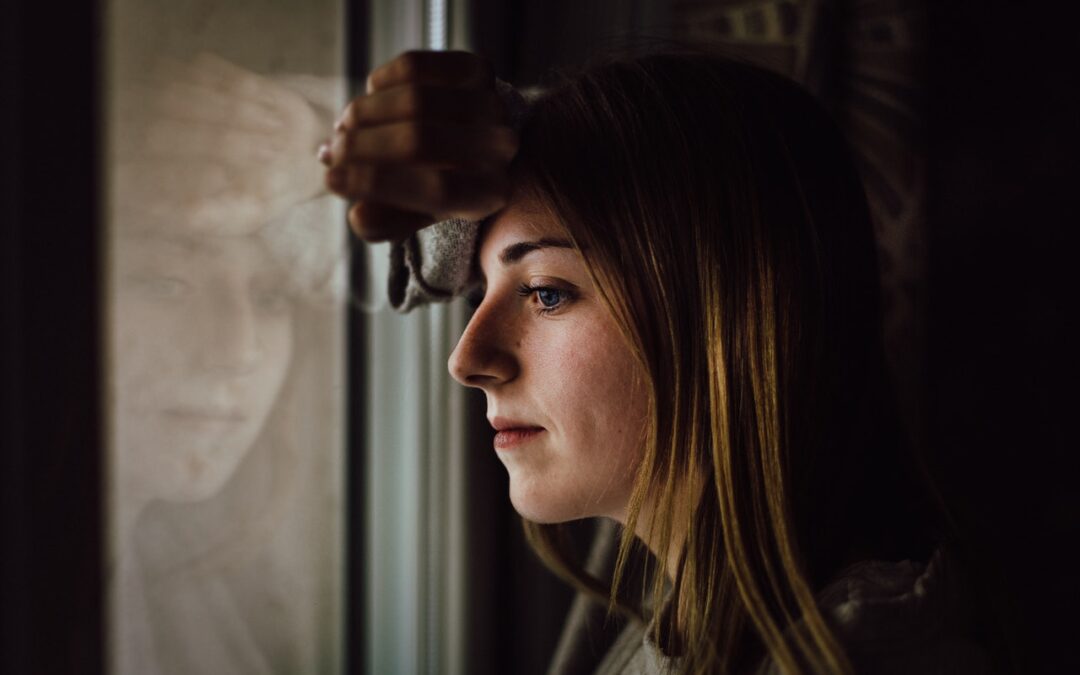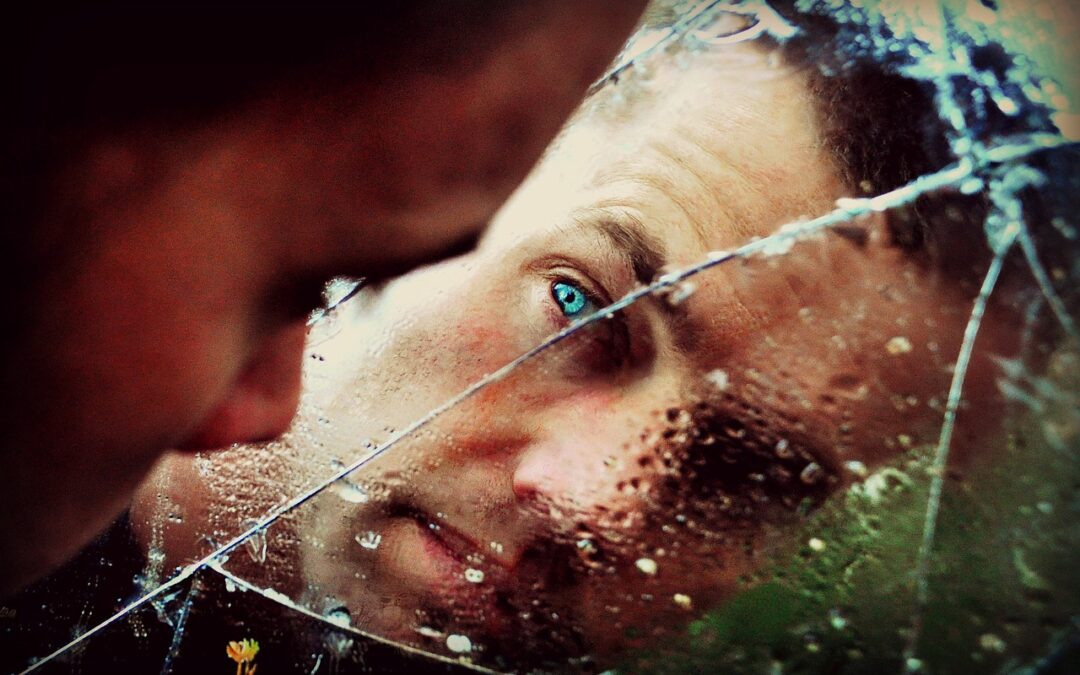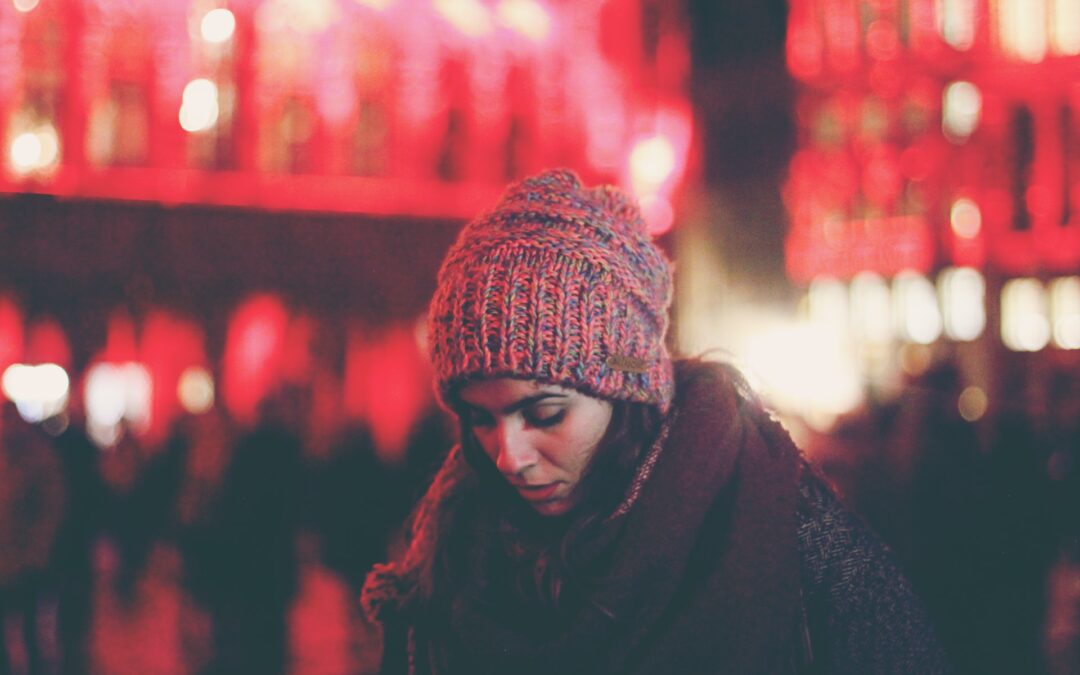
The Physical Side of Grief
When we think of grief, we usually focus on our emotions. As anyone who has suffered a great loss can tell you, the emotional pain and suffering it produces can defy words to describe it.
But grief also has a physical side, which isn’t talked about as much.
After my daughter’s death, my grief manifested itself in a variety of physical ways. My physical symptoms of grief included debilitating exhaustion, body aches, and pains to feelings of nausea. In fact, any overwhelming emotional pain from grief is often accompanied by a physical symptom.
In the first few weeks and months after my daughter’s death, my entire body was painfully tight and sore.
I have always held tension in my shoulders, resulting in neck and shoulder aches most of my life. But this felt as if I had just done the hardest full body workout of my life with weights that were too heavy. It was even painful to walk.
I got a professional massage to try and alleviate the pain, which helped relax my muscles a little. But by the next day, the pain was just as bad as before. It took months before the body aches fully dissipated.
Exhaustion was also a major problem. The overwhelming emotional pain completely sapped me of all my energy, and I felt like a zombie walking around going through the motions of daily life.
I was so tired all the time that it felt like I had lead shoes on. Every step was heavy. Little things like showering became almost impossible because I felt more fatigued than at any point in my life. I can only imagine that level of exhaustion is what it would feel like if I didn’t sleep for days on end. And yet all I did in my down time was just that – sleep. Sleep was the only escape from everything going on around me.
Nausea was another physical symptom that showed up often. I literally felt sick to my stomach when faced with various emotions.
Most often, that sensation is associated with remembering and reliving the trauma of the day she died. But it is also associated with feelings of guilt or regret. And it is often accompanied by a pain in my chest and feeling short of breath. Not quite a full-blown panic attack…but close.
Years after her death, I still feel nausea and chest pains every time my memory of the day she died is triggered. Such as the sight and sounds of fire truck and ambulance sirens. But sometimes the triggers are not so obvious. I’ve learned to just let the physical sensations take over, knowing they are only momentary.
Another physical symptom that accompanies grief can include weight loss or gain. Depending on whether you lose your appetite completely or mindlessly eat to try to distract yourself from the pain.
I experienced both. In the first few weeks, it was almost impossible to eat anything. Between not being hungry and feeling nauseous the rest of the time, I had to force myself to eat. It helped that friends graciously donated meals for our family to eat. After that initial phase, I gained weight by eating unhealthy food and eating when I wasn’t hungry to try and gain even a little ounce of comfort. Food brought no comfort, but I just ate anyway. Today, I’m still trying to permanently lose that extra weight brought on by mindless, emotional eating.
Grief can also produce insomnia, a lowered immunity, and some people believe it can manifest itself in diseases or serious conditions.
Whatever your physical symptoms are, it is your body’s way of reacting to the unbearable emotional pain you’re experiencing. It can also serve as a reminder that it is important to take care of ourselves during this difficult time.
My grief was a wake-up call that I had to put my needs first – something I was not in the habit of doing. I have since learned to take better care of myself – both physically and emotionally – and I am grateful for that.






 This website was inspired by the memory of Margareta Sol Kubitz in hopes of helping others work through the pain of grief.
This website was inspired by the memory of Margareta Sol Kubitz in hopes of helping others work through the pain of grief.